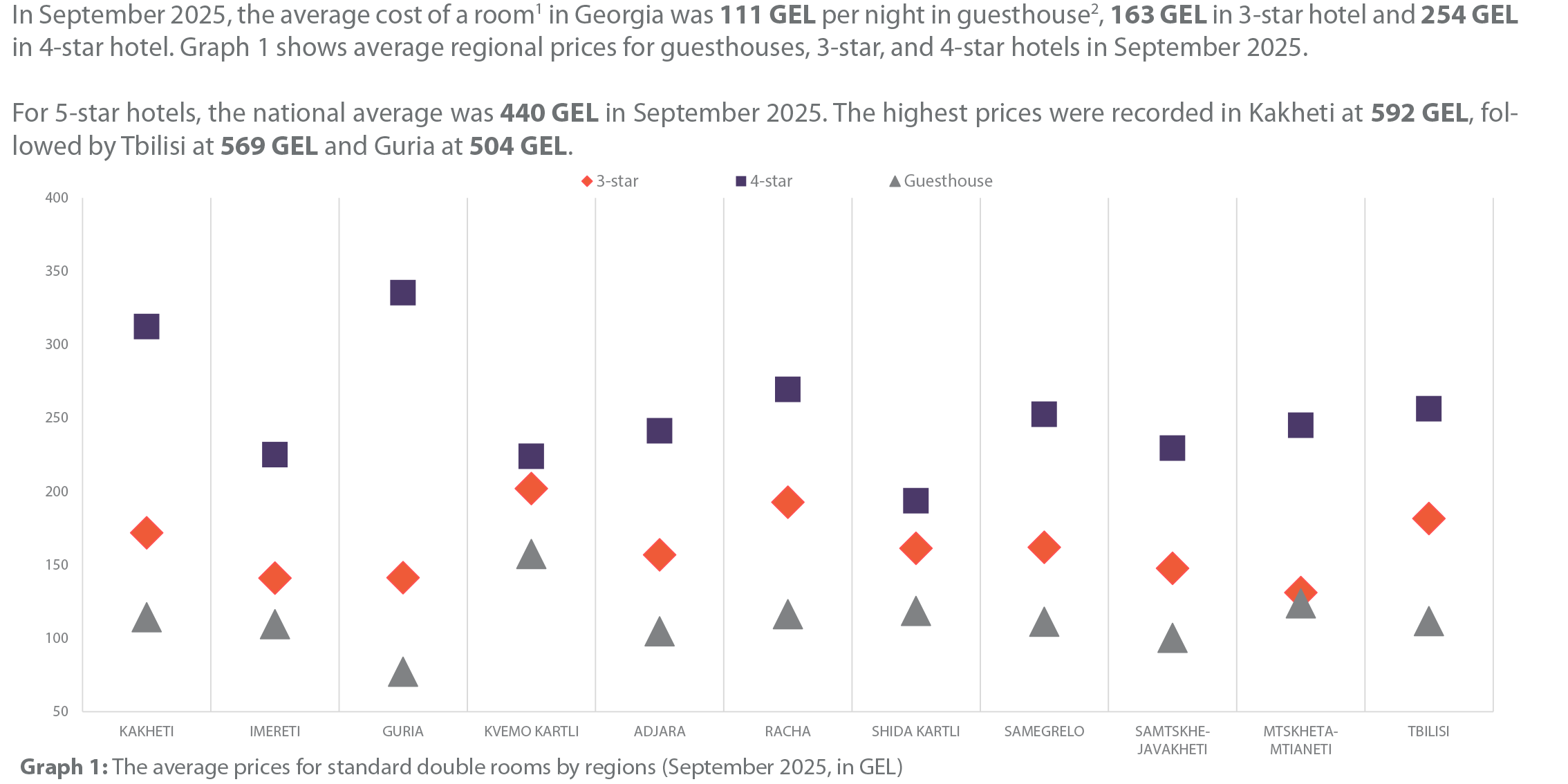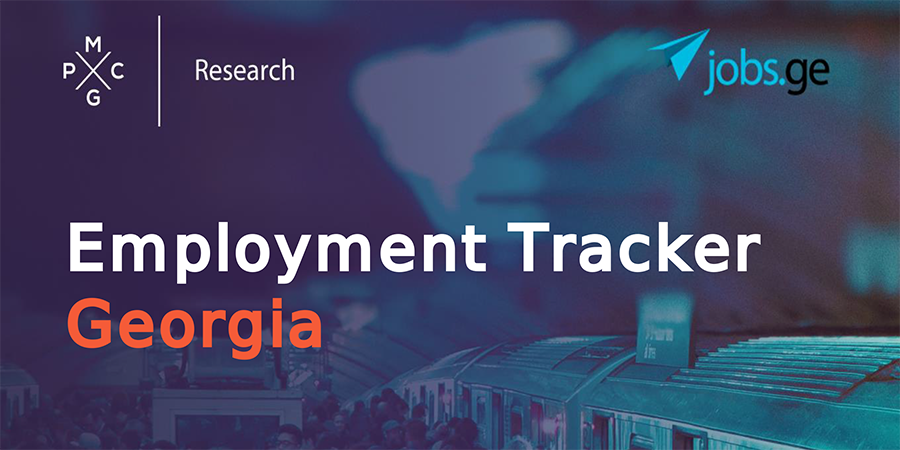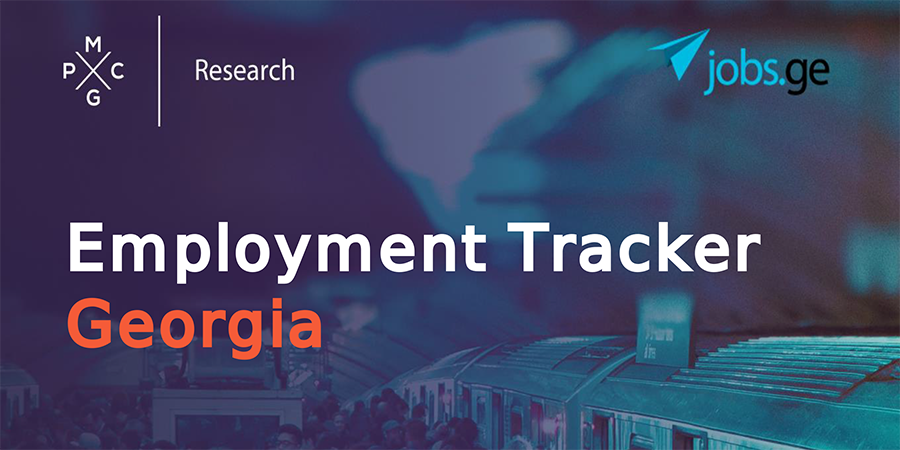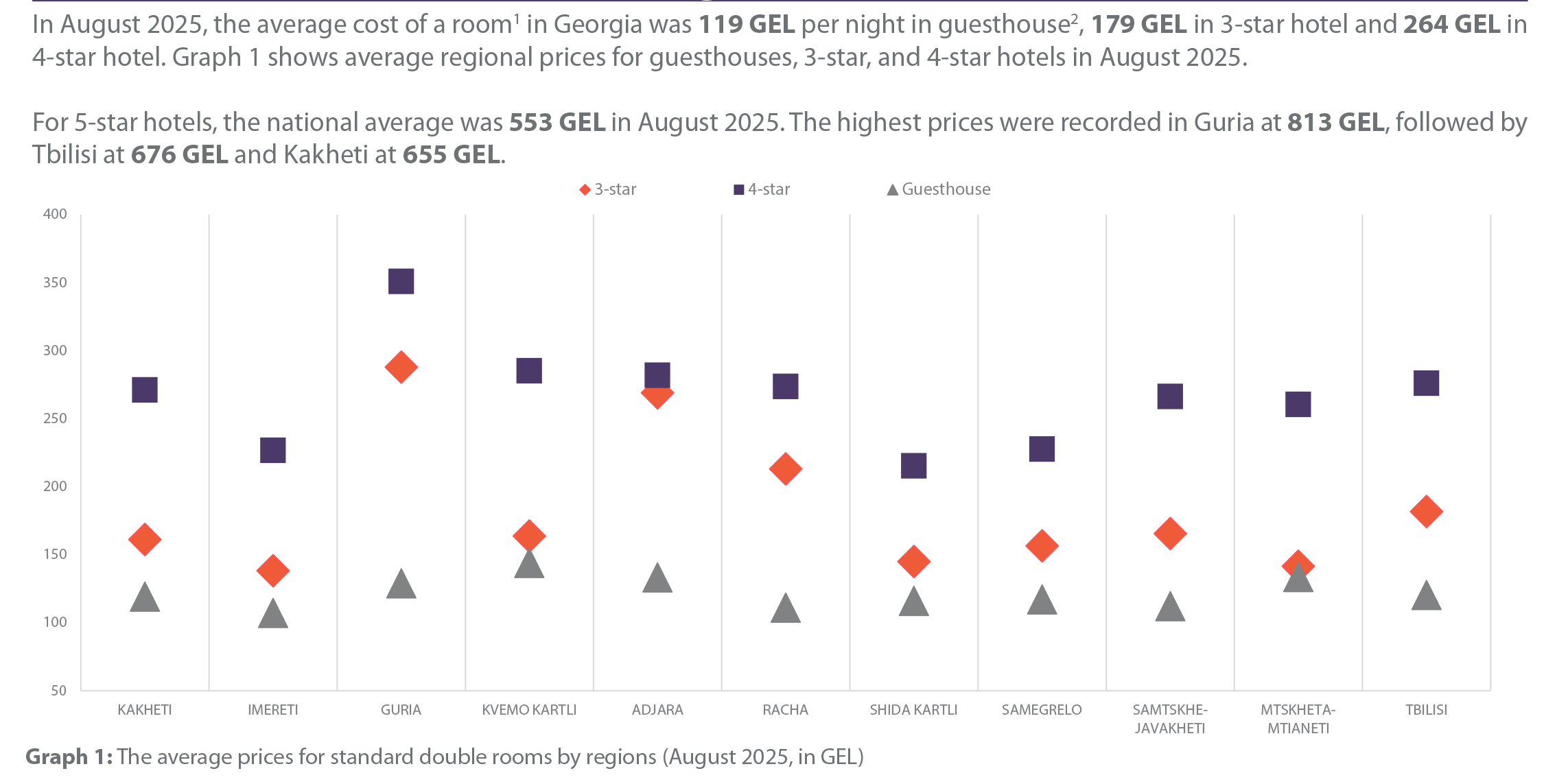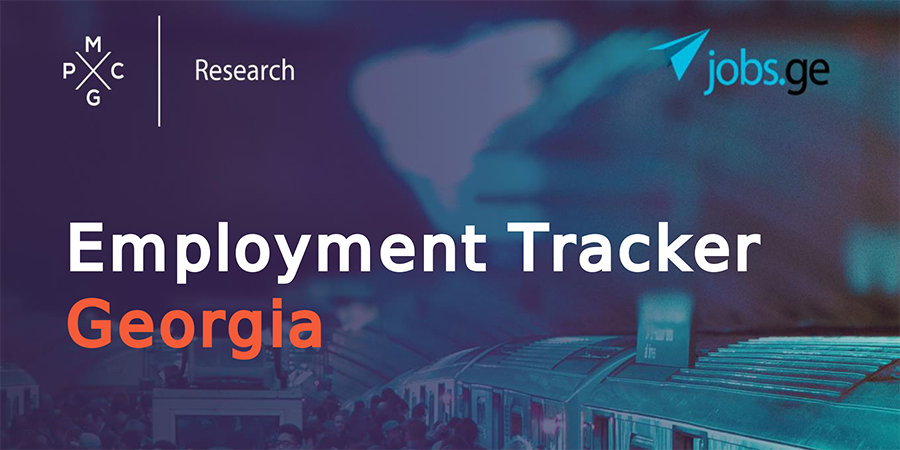
Streamlining Construction Code and Spatial Planning in Georgia
Aug, 2016

Strategy and Action Plan Development for Mountainous Regions of Georgia
Aug, 2016

Kabul Municipality Successfully Launches Improved Construction Permits System
Jul, 2016

Electronic Monitoring System Being Developed to Support Implement Association Agreement in Georgia
Jul, 2016
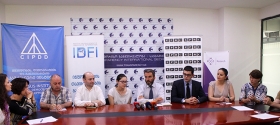
PMC Research Center Awarded Five Stars for Transparency
Jun, 2016

Supporting Civil Service Bureau of Georgia to Enhance Remuneration System in Public Institutions
Jun, 2016

Advancing Tax Legislation in Georgia
Jun, 2016
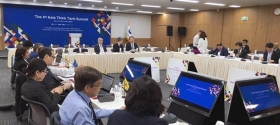
Discussing the Role of Think Tanks in Facilitating Sustainable Development in Asia
Jun, 2016
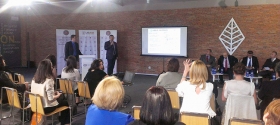
PMCG Consultants Contribute Expertise to Cross-Border Electricity Trading Summit
Jun, 2016

Improving State Audit Office’s Communication with Citizens
May, 2016










